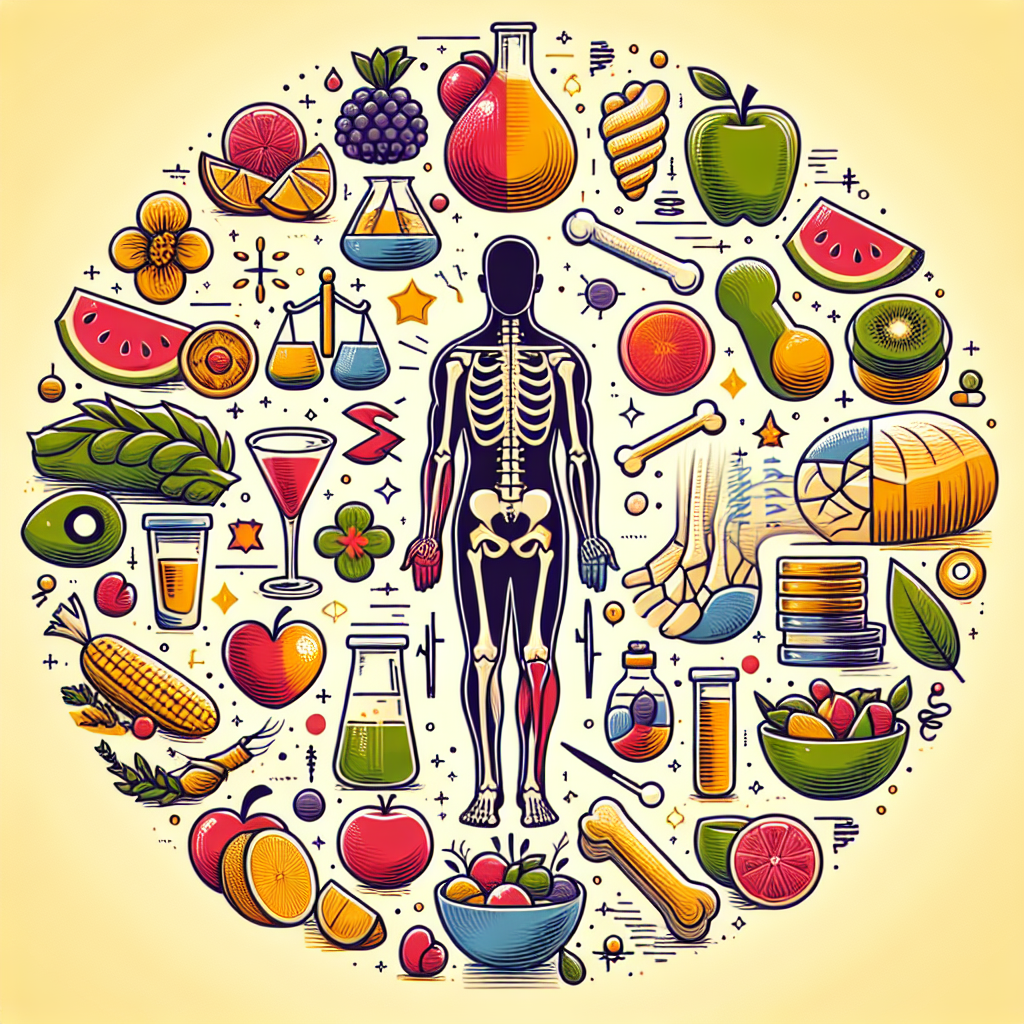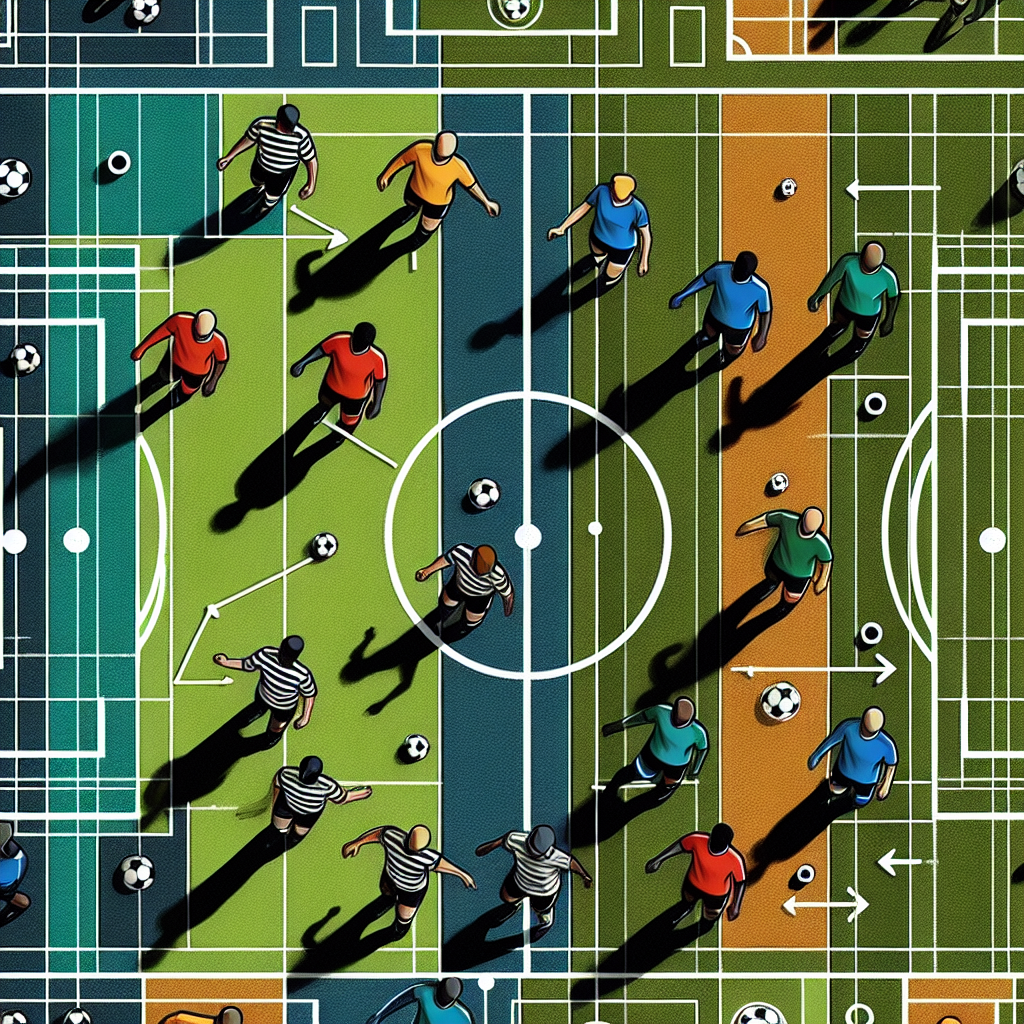
Introduction
In the dynamic landscape of health and wellness in 2025, the link between nutrition and injury recovery has never been more pivotal. As athletes, fitness enthusiasts, and everyday individuals strive to navigate their recovery journeys effectively, understanding how specific nutrients and dietary patterns influence healing becomes critical. This article delves into the connection between nutrition and injury recovery, showcasing the latest research, expert opinions, and practical dietary strategies to enhance recovery outcomes. By exploring this essential relationship, we aim to empower readers to make informed choices that can significantly impact their healing processes and overall health.
The Critical Role of Nutrients in Injury Recovery
Nutrition plays a fundamental role in the body’s ability to heal from injuries. When tissues are damaged, the body requires a range of nutrients to repair itself effectively. Protein, for instance, is crucial as it provides the building blocks (amino acids) for new tissue synthesis. Research conducted in 2025 highlights that athletes recovering from musculoskeletal injuries benefit from increased protein intake—often recommending between 1.6 to 2.0 grams of protein per kilogram of body weight daily. This not only helps in repairing muscle but also supports collagen synthesis, which is vital for tendon and ligament repair.
In addition to protein, micronutrients such as vitamins A, C, D, and E, along with minerals like zinc and magnesium, are essential for optimal recovery. These nutrients play diverse roles; for example, vitamin C is critical for collagen formation and immune function, while vitamin D contributes to bone health and inflammation reduction. A balanced diet rich in these vitamins and minerals can significantly expedite the healing process, enabling individuals to return to their physical activities more swiftly and safely.
Understanding Inflammation and Its Nutritional Management
Injury often leads to inflammation, a natural process that can become detrimental if not appropriately managed. Chronic inflammation may prolong recovery times and impair healing. Nutrition can be a powerful tool in modulating the inflammatory response. Diets rich in omega-3 fatty acids, found in fatty fish, flaxseeds, and walnuts, are known for their anti-inflammatory properties. Studies from 2025 have shown that individuals consuming higher amounts of omega-3s can reduce markers of inflammation and improve recovery times from injuries.
Conversely, certain foods can exacerbate inflammation. Highly processed foods, refined sugars, and saturated fats can trigger inflammatory pathways in the body. Adopting an anti-inflammatory diet, which emphasizes whole, unprocessed foods such as fruits, vegetables, whole grains, and healthy fats, can significantly support recovery. This dietary approach not only provides the nutrients needed for healing but also works to minimize inflammation, thus fostering a more conducive healing environment.
The Role of Hydration in Recovery
Hydration is a crucial, yet often overlooked, factor in nutrition and injury recovery. Adequate fluid intake supports nutrient transportation, waste elimination, and temperature regulation, all of which are vital during the healing process. In 2025, recommendations have evolved to emphasize not only the quantity but also the quality of hydration. Electrolytes, particularly sodium, potassium, and magnesium, play a significant role in muscle function and fluid balance. Therefore, rehydrating post-injury with electrolyte-enhanced beverages can be beneficial, particularly in athletes who may lose significant fluids through sweat during intense recovery programs.
Moreover, dehydration can delay recovery by increasing muscle soreness and fatigue, which may prevent individuals from fully engaging in their rehabilitation programs. Drinking sufficient water not only aids in physical recovery but has also been linked to improved mental health, a crucial component considering the psychological impact of injuries. Staying hydrated ensures that the body can perform optimally during the healing process and helps maintain a positive mindset.
The Synergy Between Nutrition, Recovery, and Mental Health
Recovery from an injury is not merely a physical endeavor; it is also a psychological challenge. Nutrition profoundly impacts mental health, affecting mood, stress levels, and cognitive function. In 2025, emerging research highlights the connection between certain nutrients and mental health outcomes. For example, omega-3 fatty acids, which promote brain health, are linked to reduced anxiety and depression, both of which can accompany injury recovery.
The gut-brain axis is another area of considerable interest. Emerging studies suggest that a healthy gut microbiome, supported by a diet rich in fiber, probiotics, and prebiotics, can enhance mood and cognitive function. Consequently, individuals recovering from injury who incorporate gut-friendly foods such as yogurt, kefir, vegetables, and whole grains into their diets may experience improved mental resilience during their rehabilitation journey.
Additionally, nutritional strategies that focus on mood regulation can help injured athletes cope with the mental toll of their situation. Foods rich in vitamins and minerals, such as leafy greens, whole grains, and berries, can enhance serotonin levels, contributing to better mood and motivation—an often overlooked yet critical aspect of recovery.
Implementing an Optimal Nutrition Strategy for Injury Recovery
Creating an optimal nutrition strategy for injury recovery entails personalization and careful planning. Individuals should consider their specific needs based on their injury type, body weight, activity level, and dietary preferences. A registered dietitian or nutritionist can provide valuable insights, tailoring meal plans designed to include appropriate macronutrients and micronutrients that foster rapid recovery.
Finally, meal timing is also important during recovery. Consuming a balanced meal shortly after an injury can kick-start the healing process by supplying the body with the necessary nutrients. Regular, smaller meals throughout the day can also maintain consistent energy levels and support metabolic function, which is imperative during recovery. Including a variety of food sources that are rich in inflammation-fighting properties—such as colorful fruits and vegetables, lean proteins, whole grains, and healthy fats—ensures that each nutrient plays its part in the recovery process.
Conclusion
The relationship between nutrition and injury recovery is integral to the healing process. By understanding how various nutrients affect recovery, individuals can make informed dietary choices that enhance their healing and overall well-being. A balanced diet rich in proteins, anti-inflammatory foods, and adequate hydration not only aids in physical recovery but also bolsters mental health, helping individuals regain their strength and resilience. As we progress through the advancements of 2025, it is clear that optimizing nutrition is a cornerstone of efficient and effective injury recovery.
FAQs
1. What are the best foods to eat for injury recovery?
For optimal recovery, focus on a diet that includes lean proteins (like chicken, fish, and legumes), colorful fruits and vegetables, whole grains, and healthy fats (such as avocados and nuts). Foods rich in omega-3 fatty acids, vitamin D, and antioxidants are particularly beneficial.
2. How important is hydration in injury recovery?
Hydration is crucial in injury recovery as it aids in nutrient transportation, waste elimination, and helps reduce muscle soreness. Maintaining proper hydration levels can enhance overall recovery processes.
3. Can supplements help with injury recovery?
While whole foods should always be the first choice, certain supplements—like protein powders, omega-3 fatty acids, or vitamin D—can support recovery, particularly when dietary intake may be insufficient. Always consult with a healthcare professional before starting any new supplements.
4. How does protein intake affect recovery?
Adequate protein intake is essential for muscle repair and regeneration. Increase your protein consumption to promote better recovery, especially if you’re recovering from a significant injury that involves muscle damage.
5. What role does mental health play in injury recovery?
Mental health significantly impacts recovery, as stress and negative emotions can hinder physical healing. Adequate nutrition provides essential nutrients that positively influence mood and can aid psychological resilience throughout the recovery process.
Understanding Team Offensive Efficiency Ratings
16. Dezember 2025The Role of Advanced Stats in Evaluating Team Chemistry
16. Dezember 2025How to Interpret Team Defensive Metrics
16. Dezember 2025
Leave a reply Antwort abbrechen
-
Navigating Climate Change Policies in Election Campaigns
25. November 2025 -
Transportation Infrastructure Funding: Key Legislative Updates
5. Dezember 2025


